What Happens If A DC Motor is Connected To AC Supply?
When a DC motor is connected to an AC power source, the motor will not rotate properly.
The motor moves back and forth or causes the rotor to break.
The coil produces heat and may burn if the power is left on continuously. This is because an AC motor has a pair of slip rings that do not change the direction of the current.
The rotating magnetic field that drives the motor is not generated. However, if the field winding is connected in series with the armature winding, the motor will resemble a universal motor and will likely operate normally.
A universal motor is similar to a DC motor with the armature connected in series with the field. When powered by DC, it works like any other DC motor.
When an alternating voltage is applied, the field strengths of the stator and rotor differ exactly in phase.
When the alternating current changes direction, the stator and rotor fields reverse at exactly the same time.
Therefore, the torque will always be in the same direction, even if the fields change direction because the stator and rotor fields always have the same ratio to each other.
When connected to the mains, the torque value pulsates at twice the mains frequency.
